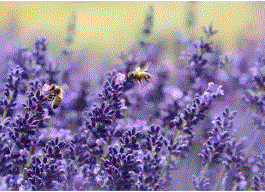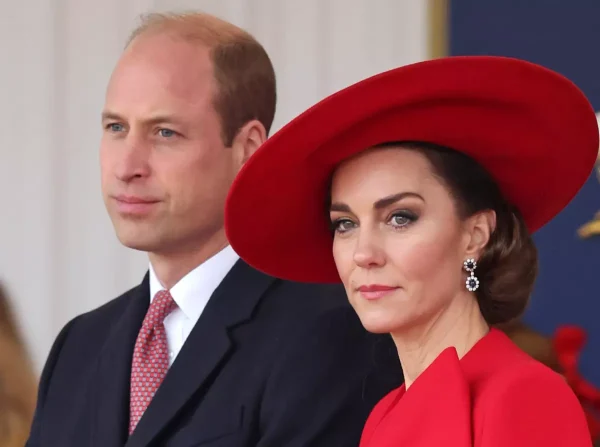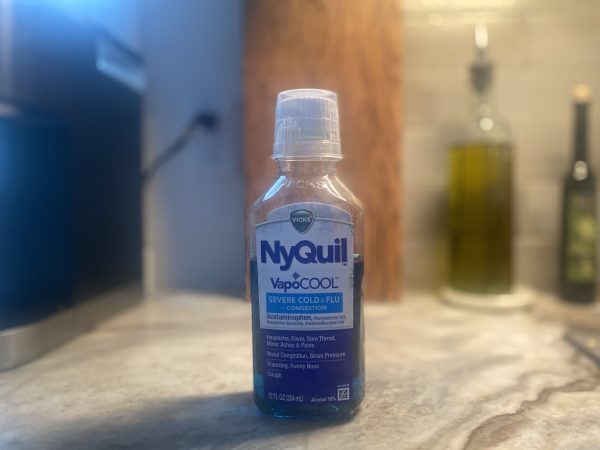Honey Bee Health
May 23, 2019
Although many of us may be afraid of flying insects, honey bees aren’t all that bad. Globally there are more honey bees than other types of bee and pollinating insects; they are the world’s most important pollinator of food crops. It is estimated that one-third of the food we consume each day relies on the pollination, mainly by bees, so you can only imagine what would happen if honey bees were to go extinct.
A herbicide is a pesticide used to kill unwanted plants. Selective herbicides kill certain targets while leaving the desired crop relatively unharmed. While herbicides are a danger to unwanted annoying weeds, are they also a danger to honey bees? Glyphosate is one of the world’s most widely used herbicides. In recent months glyphosate has been in the news, but not pertaining to the possible harm to bees. Rather, some possible harm to human health. Mr. Barry, a beekeeper and teacher at Pennridge says “I would want people to know that 30% of our crops and 90% of wild plants are pollinated by bees. Bees are essential for human survival.” So, why not any coverage about this on the news? The debates rage over whether certain powerful insecticides are affecting humans — or even whether bee populations are declining at all. “Pesticides are decreasing the amount of honey bees in our population it affects them when they pollinate and forage, and it also makes them not be able to reproduce which is shrinking bee population. The honey bee can get directly sprayed by the pesticide or it can come in contact with it and take it back to their colony spreading it to the rest of the bees.” says Lauren Kneezel, beekeeper of four years.
Recent research suggests that glyphosate, the active ingredient in weed killers such as Monsanto’s Roundup, could be having subtle effects on bee health. Researchers have been accumulating evidence that glyphosate may also be having deleterious effects on the environment and be harmful to fish, crustaceans, and amphibians, as well as to beneficial bacteria and other microorganisms in soil and water. A growing body of research links
Free to use picture from Pexels, by Pixabay : https://www.pexels.com/photo/bees-on-purple-flower-164470/
glyphosate to cancer in humans. The EPA (United States Environmental Protection Agency) denied the connection, but the World Health Organization says otherwise, calling glyphosate “probably carcinogenic.” So if glyphosate is carcinogenic to humans, what is it doing to the honey bees? Glyphosate kills plants by blocking an enzyme they use to make several key amino acids, the building blocks of proteins. Animals don’t produce this enzyme, but it is used by some bacteria. Nancy Moran, an evolutionary biologist at the University of Texas, did an experiment where they took 2,000 bees from a hive and fed some a sugar syrup and others syrup dosed with glyphosate at levels similar to those they might encounter in the environment while foraging for food. Three days after returning to the hive, the guts of glyphosate-fed bees had lower levels of a bacterium known as Snodgrassella alvi than those bees that were not exposed. The results are unbelievable but glyphosate continues to be used in the United States. France confirmed the phase out of glyphosate use by 2020. As time goes by and more research is done maybe other countries will follow France’s lead.









